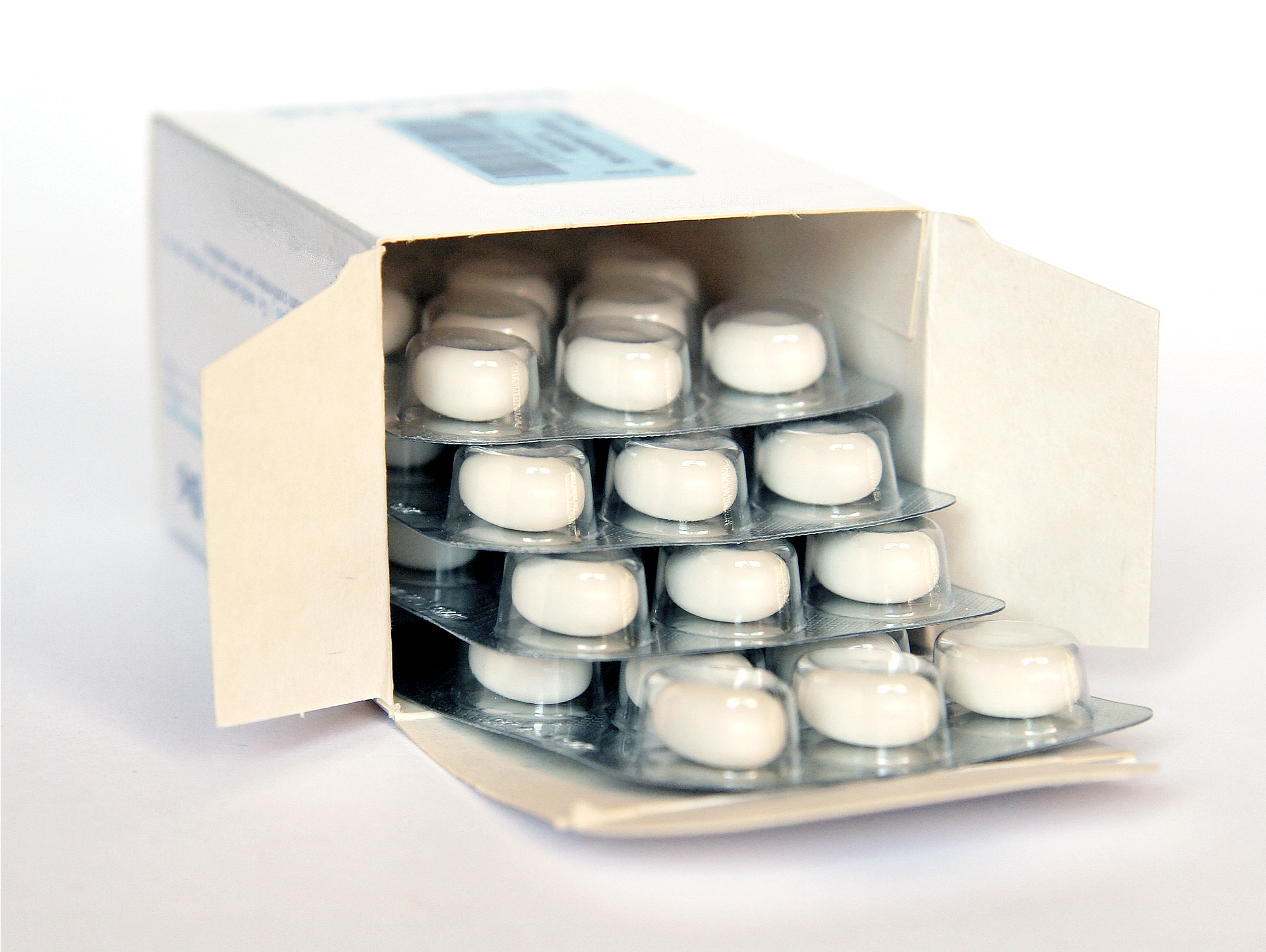
TUESDAY, April 28, 2015 (HealthDay News) — Jeni’s Splendid Ice Creams said Tuesday it will destroy more than 265 tons of ice cream because of possible contamination with listeria.
Just last week, the bacteria was found in the company’s production facility and in products. In the wake of that discovery, the ice cream maker recalled all its products from retailers and shuttered ice cream shops in six states.
That many tons of ice cream would fill 15 tractor-trailer trucks, and the move will cost the Columbus, Ohio-based company more than $2.5 million, Jeni’s CEO John Lowe told the Associated Press Tuesday.
Another ice cream maker recalled all of its products last week after some half gallons of ice cream tested positive for listeria. Texas-based Blue Bell Creameries closed facilities in three states for intensive cleaning after the bacteria was discovered, the AP reported.
In the case of Blue Bell, three people in Kansas have died and 10 people in four states have become ill due to listeria bacteria believed to have come from Blue Bell products, according to the U.S Centers for Disease Control and Prevention.
Listeria — officially known as Listeria monocytogenes — is a bacteria that can cause stomach illness, although it typically does not cause severe illness in healthy people. However, it can pose serious health problems for pregnant women and their newborns, older adults and people with weakened immune systems, according to the CDC.
The FDA said last week that it does not believe there’s a link between the listeria contamination in Blue Bell and Jeni’s products.
“We are continuing to investigate both situations and will provide updated information to consumers as we learn more,” agency spokeswoman Lauren Sucher said.
Blue Bell distributes frozen desserts to about half of the United States, The New York Times reported.
Dr. Robert Glatter, an emergency medicine physician at Lenox Hill Hospital in New York City, said listeria causes “about 1,600 infections a year and about three to four outbreaks a year in the United States.”
About 260 deaths occur as a result — far fewer than the number linked to salmonella, another foodborne illness, the CDC said.
Dr. Brendan Jackson, a medical epidemiologist at the CDC, said the number of severe cases of listeria is “actually rare.”
“If you have eaten a food that has been recalled and you don’t have any symptoms, there is no need to worry,” he said. But if symptoms do develop over the next few weeks, see your doctor, Jackson said.
Glatter agreed that “most people who eat food contaminated by listeria won’t become very ill. They can have nausea, vomiting, muscle ache and diarrhea.”
However, he added, “there is a more invasive type of illness that can affect people with weakened immune systems, such as those who have HIV, or people with diabetes, heart disease, pregnant women, infants and the frail elderly.”
In these people, listeria can cause serious illness, including meningitis and blood poisoning. “It can also result in stillborn infants and miscarriages,” he said.
The germ is usually associated with failure to keep foods cool enough or keeping foods too long, he added.
Unlike most other bacteria, listeria can grow and multiply in the refrigerator, the CDC warned, although Jackson said finding the bug in ice cream is rare.
The outbreak in the Blue Bell products was one of the first times it had been seen in ice cream, he said. “Over the years, listeria outbreaks have mostly been among soft cheeses, deli meats and other ready-to-eat meats,” Jackson said.
Listeria bacteria can live in a food-processing factory for years, sometimes contaminating food products, according to the CDC.
The incubation period for listeria is anywhere from three to 70 days, Glatter said, adding symptoms of illness usually develop within two weeks to one month after exposure.
More information
For more about listeria, visit the U.S. Centers for Disease Control and Prevention.
Copyright © 2026 HealthDay. All rights reserved.

